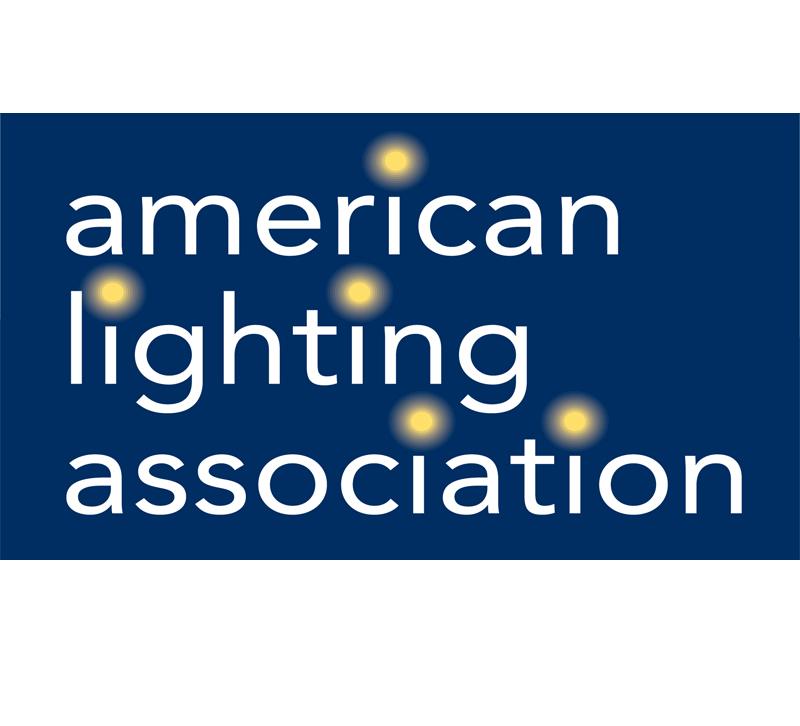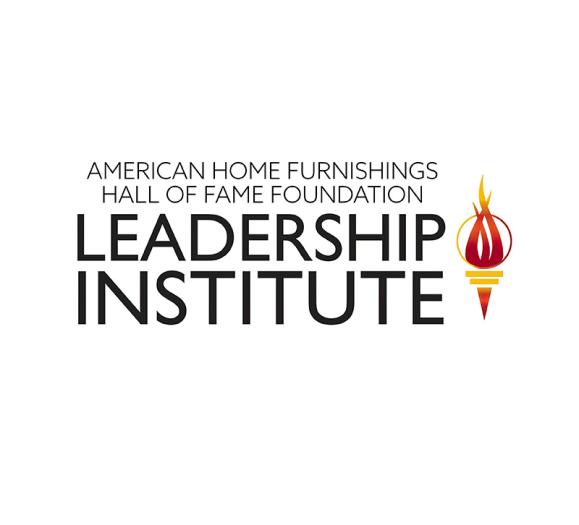Earlier today, Eric Jacobson, President and CEO of the American Lighting Association, delivered testimony to the Section 301 Committee regarding tariffs on products imported from China. ALA has taken a strong stance opposing new or additional tariffs on lighting products. Below is a copy of his prepared testimony:
“Thank you. My name is Eric Jacobson and I am the President and CEO of the American Lighting Association. “ALA is a Dallas-based trade association representing over 3,000 members in the residential lighting, ceiling fan and controls industries in the United States. The membership of ALA is comprised of manufacturers, manufacturers’ representatives, retail showrooms and lighting designers. All of these entities work toward the same common goal: educate and serve their customers – the American consumer.
The lighting industry contributes over $5 billion annually towards the U.S. economy. We represent a family-owned-and-operated industry: American family-owned small businesses. Imposing 10 or 25 percent tariffs on the products of the lighting industry would likely cause great harm to American-owned companies and their workers. It is no secret that the domestic lighting industry was struggling as a result of the economic downturn of 2007-2009. The families that make up the lighting community can attest to the industry’s storied past – for too long, we relied on Mr. Edison and the incandescent light bulb. To help recover, those same families turned to an American invention, the LED. And now, great advances in technology are moving our industry forward by providing quality energy-efficient products. More importantly, the lighting families are able to share their hope for the industry’s bright future.
The versatility of LEDs inspired the industry to produce better products for the American consumer and spurred new ways to sell products in an evolving marketplace. Manufacturers conducted reviews of their entire product lines from top to bottom. Stale products were eliminated or overhauled. Outdated products received technological enhancements. New products were brought on line pushing the envelope of what the future of lighting could be. Even lighting retailers revamped showrooms, creating new and exciting experience opportunities. Allowing the proposed tariffs on lighting products to take effect would stifle the industry’s bright future and efforts to be more innovative.
ALA believes the need to protect a company’s or a country’s collective IP is a just cause. The threat China imposes on our sovereignty is real, as you have already heard from several industries about the devastation of IP theft. The same, however, cannot be said for the lighting industry. While the lighting industry takes the issue of IP protection very seriously we do not have any severe cases of IP theft for which tariff protection is warranted. Allowing the proposed tariffs on lighting products to take effect in an effort to protect IP is unfounded. The lighting industry is experiencing a significant growth curve. Simply put, business is good. As I mentioned, manufacturing companies are desperate for workers, seeking highly skilled labor to bolster their ranks and support their customers. However, the proposed tariffs would threaten to alter that course.
Additionally, the imposition of tariffs would cause a disruption in supply chains, resulting in job losses, as well as higher prices resulting in upset consumers. Manufacturers have indicated they will curb domestic R&D through natural competition with rivals, and instead focus on resourcing and negotiating concessions with their current sources. These supply chains have been built over the past 30 years and these are proven and established sources of materials and components needed for lighting products. “97 percent of residential lighting products manufactured for sale in the U.S. are made by U.S. manufacturers, who do import products from China. But they employ more high-paying U.S. jobs than ever before. The products are not Chinese imports flooding the marketplace. There are no alternatives.
Production-related jobs would not transition to the U.S. In the eyes of ALA’s manufacturers, tariffs are not an encouragement to bring jobs ashore – they would significantly harm current workforces and stall employment. Allowing the proposed tariffs on lighting products to take effect would hurt job growth and increase prices. Although manufacturing business is good, ALA lighting retailers are facing new challenges. They are surviving competition from multiple channels of distribution, and are navigating a web of challenging sales tax policies.
Our retail stores are the face of the lighting industry to the general public and the tariffs and related price increases will leave the consumer with less discretionary spending. Bottom line is if a 10 or 25 percent tariff is put in place, the burden will be on small businesses and ultimately the U.S. consumer.
Additionally, ALA lighting retailers work with large and small homebuilders across the country. Lighting tends to be one of the final finishing products installed into a home and as such, is often at the end of the purchasing chain. If tariffs are implemented, lighting products will be hit doubly hard as consumers will have already spent consumable dollars on other items associated with the home building process.
In conclusion, lighting is unique in that it touches everyone’s life, every day. Very few industries can make such a bold claim. In fact, cutting-edge scientific research is happening today that is proving that lighting affects ones health, mood and general well-being. “On behalf of ALA, the voice of manufacturers and retailers of residential lighting products, I request that the Committee review HTS codes: 9405.10.40, 9405.10.60, 9405.10.80, 9405.40.40, 9405.40.60, 9405.40.84, 9405.91.10, 9405.91.30, 9405.91.60, 9405.92.00, 9405.99.20, 9405.99.40 and 8414.90.10 and remove them when you make your final determination.
Our members appreciate the urgency to protect IP and our national interests, but in the case of the residential lighting market, it is only the American consumer that will be hurt by a 10-percent or 25-percent tariff. “Since earlier this year, tax reform has made a positive impact on the economy. ALA encourages President Trump, Ambassador Lighthizer, the USTR and the members of this committee to look at other alternatives to tariffs, that will support tax reform, not counteract it. Again, thank you and I will be happy to address any questions you may have."







